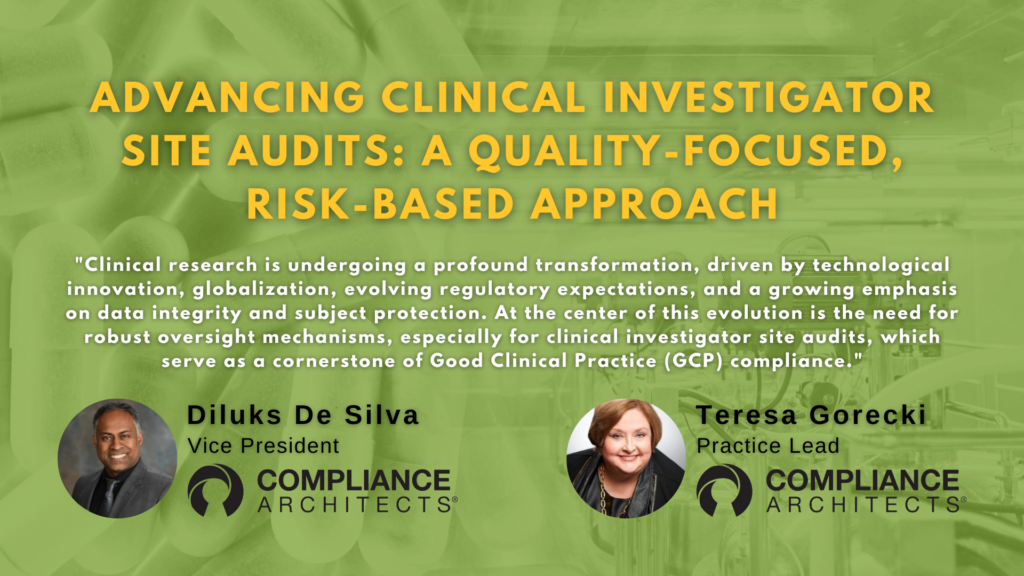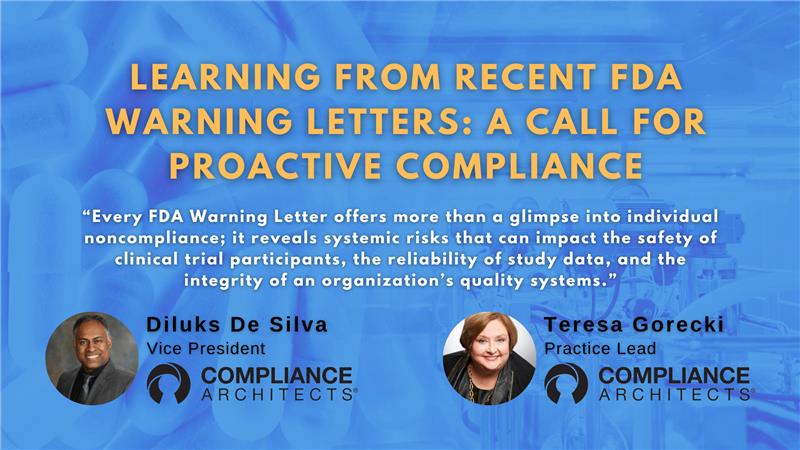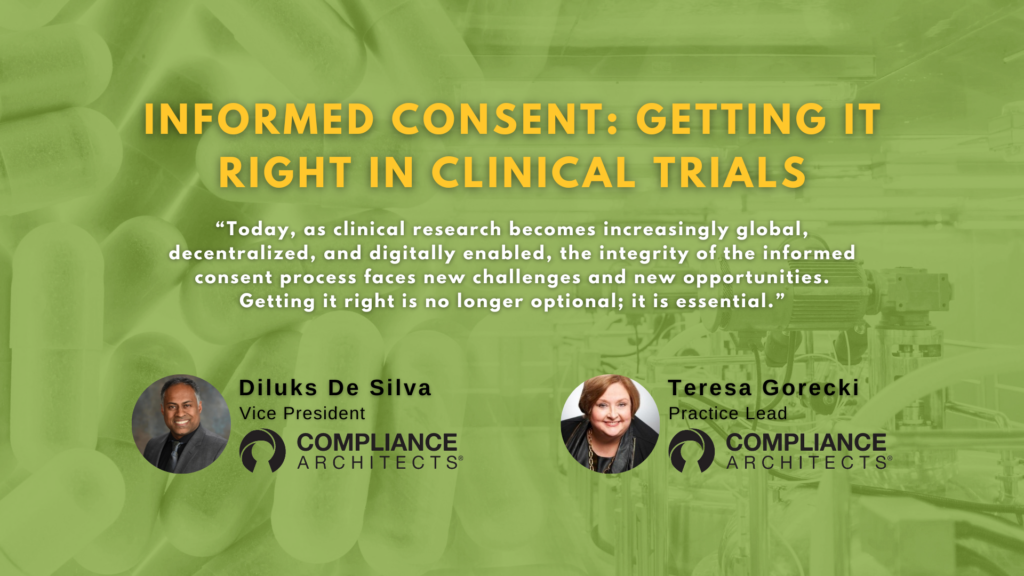In the life sciences, pharmaceutical, biotechnology, and medical device industries, the reliability and quality of the supply chain are crucial for business success and, more importantly, for patient safety and care. These industries operate in highly regulated environments where product quality, safety, and efficacy are non-negotiable.
Supplier qualification—the systematic process of evaluating and approving suppliers based on their ability to meet defined quality, regulatory, and performance standards—is a cornerstone of operational excellence and regulatory compliance.
Effective supplier qualification ensures that production materials, components, and services meet rigorous standards, thereby supporting product integrity, safeguarding patients, and maintaining customer trust.
Table of Contents
The Critical Role of Supplier Qualification
Supplier qualifications are fundamental to ensuring consistent product quality, regulatory compliance, and operational efficiency across the life sciences, pharmaceutical, biotechnology, and medical device sectors.
These industries rely on complex supply chains involving numerous suppliers and subcontractors that provide raw materials, active pharmaceutical ingredients (APIs), packaging materials, medical device components, and specialized services.
Any failure or inconsistency at the supplier level can result in product recalls, regulatory action, production delays, and, most concerningly, risks to patient health. Robust supplier management is essential for excellent design and validation activities.
1. Ensuring Regulatory Compliance and Product Quality
Regulatory bodies such as the U.S. Food and Drug Administration (FDA), European Medicines Agency (EMA), and International Organization for Standardization (ISO) establish stringent guidelines governing supplier relationships and material sourcing.
For example, Good Manufacturing Practice (GMP) regulations require manufacturers to maintain robust quality management systems (QMS) that extend to suppliers and contractors. Proper supplier qualification ensures that suppliers adhere to these regulatory frameworks, reducing the likelihood of non-compliance and subsequent penalties.
Auditing and performance monitoring of suppliers ensure that raw materials and components meet defined quality specifications, minimizing product variability and defects.
2. Enhancing Supply Chain Integrity and Risk Mitigation
Global supply chains introduce various risks, including geopolitical instability, material shortages, transportation delays, and contamination issues. Supplier qualification allows companies to:
- Identify and engage with reliable suppliers, consistently demonstrating product quality and delivery performance.
- Develop contingency plans and alternative supplier networks to mitigate risks from supply disruptions.
- Implement quality agreements that define specifications, change control requirements, and corrective actions in case of deviations.
3. Promoting Innovation and Operational Efficiency
Qualified suppliers often bring advanced technical expertise and innovative solutions that can enhance product performance and manufacturing efficiency. Aligning the firm’s business plan objectives with key supplier capabilities or identifying areas that require development ensures smooth future innovation. By working with suppliers that meet stringent qualification standards:
- Manufacturers can leverage supplier capabilities to reduce costs, improve processes, and develop new products.
- Close partnerships with qualified suppliers create opportunities for co-development and early adoption of innovative technologies, giving companies a competitive advantage.
4. Supporting Patient Safety and Customer Confidence
Patient safety and customer trust are the ultimate goals of supplier qualification. Product failures in the pharmaceutical and medical device industries can have severe consequences, including patient injury or death. Ensuring that suppliers meet high standards directly impacts:
- Product consistency – Reliable suppliers reduce batch-to-batch variability, ensuring patients receive consistent and effective products.
- Product safety – Eliminating contamination risks and ensuring accurate labeling protects patients from adverse effects.
- Market confidence – Maintaining a strong supplier network enhances a company’s reputation, improving customer loyalty and market position.
Supplier Qualification Process
An effective supplier qualification program typically involves the following steps:
- Supplier Evaluation – Assessing potential suppliers based on criteria such as production capabilities, quality systems, financial stability, and regulatory history.
- Supplier Auditing – Conducting on-site and remote audits to verify that the supplier’s operations comply with industry standards and quality requirements.
- Quality Agreements – Establishing formal agreements that define product specifications, testing requirements, and compliance expectations.
- Ongoing Monitoring and Performance Review – Regularly assessing supplier performance through quality audits, defect tracking, and delivery reliability metrics.
- Corrective and Preventive Actions (CAPA) – Implement corrective measures in response to supplier non-conformance to ensure continuous improvement.
Strategic Advantages of Robust Supplier Qualification
A well-executed supplier qualification program provides strategic advantages that extend beyond compliance and risk management:
- Cost Optimization – Early identification of qualified suppliers reduces rework, waste, and product failures.
- Business Continuity – Reliable supplier networks enhance manufacturing stability and reduce the risk of supply chain disruption.
- Competitive Edge – Partnering with innovative suppliers allows companies to accelerate product development and market launch timelines.
- Enhanced Reputation – Strong supplier relationships and consistent product quality build customer trust and strengthen market positioning.
Conclusion
Supplier qualification is not merely a regulatory requirement but a strategic necessity for the life sciences, pharmaceutical, biotechnology, and medical device industries.
Ensuring that suppliers meet rigorous quality and regulatory standards protects product integrity, enhances operational efficiency, and, most critically, ensures the safety and well-being of patients.
A robust supplier qualification framework is essential for long-term success and competitive strength in an industry where patient care and customer trust are paramount.
Companies prioritizing supplier qualification will achieve compliance and operational excellence and build a foundation for sustainable growth and market leadership.
At Compliance Architects LLC, we have the expertise, experience, and resources to become your trusted partner on the journey to success in 2025 and beyond.
Schedule a consultation today with the form below and take the first step towards revolutionizing your business. Compliance Architects is more than just consultants; we are your strategic architects who optimize business results and customer/patient satisfaction.





